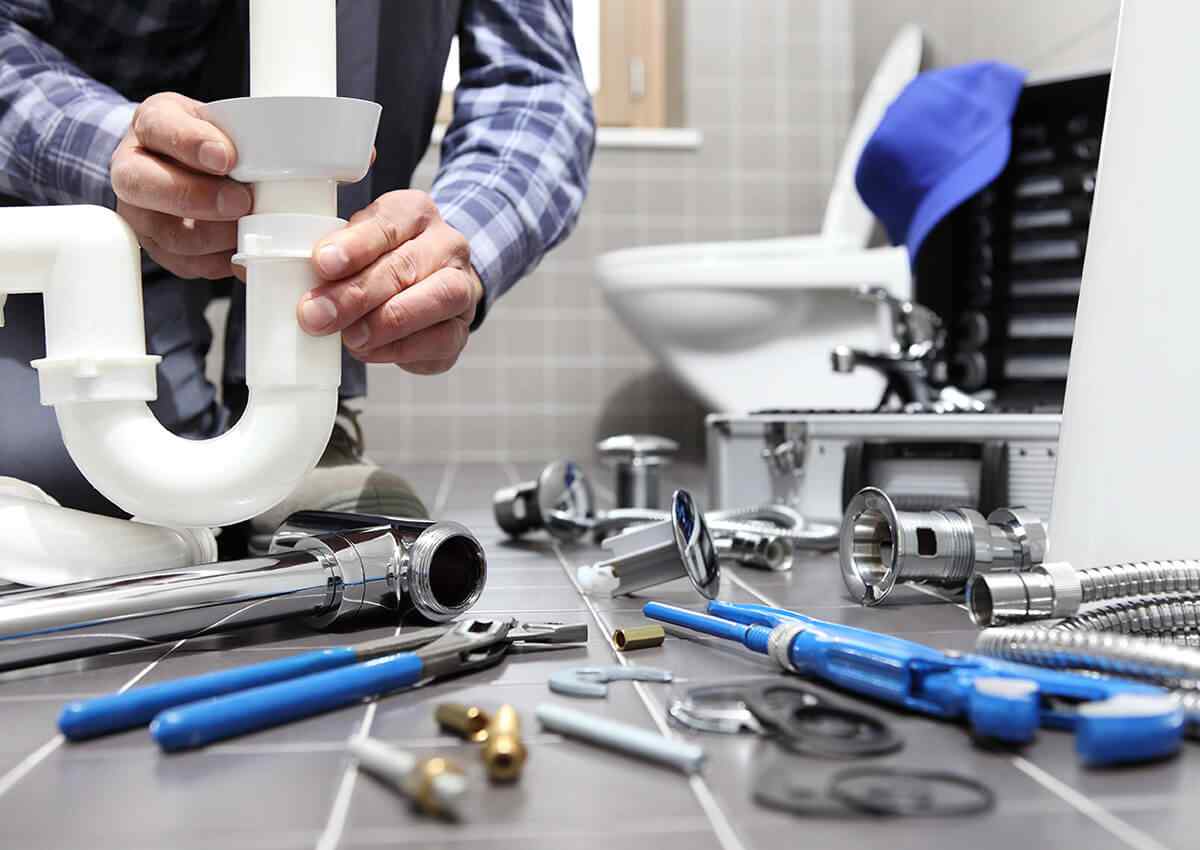Addiction is a complex and devastating disease that affects millions of individuals worldwide. It can take many forms, from alcohol and prescription drugs to illegal substances like heroin and methamphetamine. Regardless of the substance, addiction can have a profound impact on every aspect of a person’s life, from their physical health to their relationships and career.
Breaking free from the cycle of addiction is not easy, but it is possible with the right support and resources. Drug rehabilitation programs offer individuals struggling with addiction the tools they need to overcome their dependence on drugs and alcohol and build a healthy, fulfilling life free from substance abuse.
One of the key components of drug rehabilitation is detoxification, which involves ridding the body of harmful toxins accumulated through drug use. This process can be physically challenging and uncomfortable, as withdrawal symptoms can range from mild nausea and headaches to severe cravings and mood swings. However, under the care of medical professionals in a supervised setting, individuals can safely navigate this critical first step towards recovery.
Once detoxification is complete, individuals in drug rehabilitation programs engage in therapy sessions designed to address the underlying issues contributing to their addiction. These may include past trauma or abuse, mental intensive outpatient program health disorders like depression or anxiety, or environmental factors such as stress or peer pressure. By uncovering these root causes of addiction and developing coping strategies to manage them effectively, individuals can gain insight into their behavior patterns and make positive changes towards lasting sobriety.
In addition to individual therapy sessions, drug rehabilitation programs often incorporate group therapy sessions where participants can share their experiences with others who understand what they are going through. This sense of community support can be incredibly empowering for those in recovery by fostering connections with peers who are also committed to breaking free from addiction.
Furthermore, holistic approaches such as yoga, meditation, art therapy,and exercise classes may be offered as part of drug rehabilitation programs to promote overall well-being during recovery. These activities help individuals reconnect with themselves on a deeper level while providing healthy outlets for stress relief and self-expression.
Ultimately,finding freedom from addiction requires commitment,determination,and ongoing support.
Rubicon Recovery Center
40 Stirling Rd Ste. 208, Watchung, NJ, 07069
1 908 801 6974















